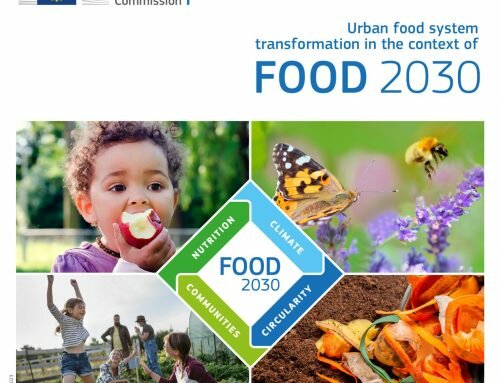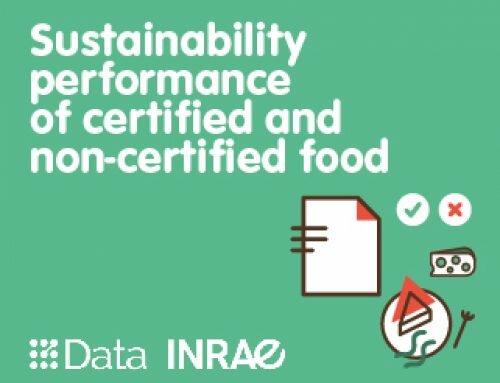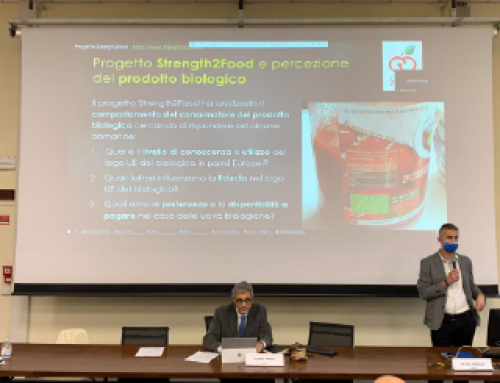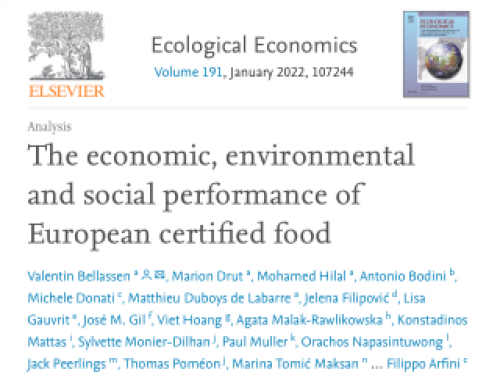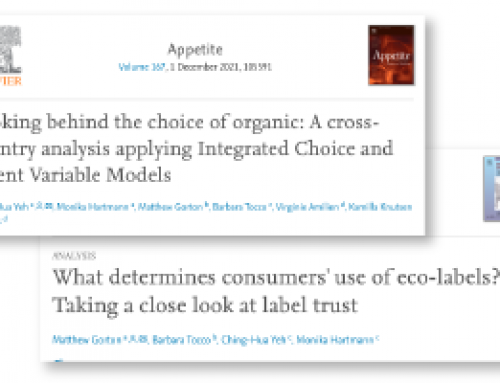Roberto Bassi and Ilaria Rossi from Academia Barilla (part of Strength2Food partner BARILLA), visited several primary schools in Serbia from November 20-22 as part of the school meals pilot scheme of WP9.1. In total, the representatives visited nine schools in Belgrade, Novi Sad and Mionica, a rural town south of Belgrade. The objectives of the visit were to see kitchen facilities and equipment, discuss menus with school cooks, as well as see challenges currently faced with school meal provision.
Every school complained about the complexities of the current public-sector procurement law and the difficulties this leads to regarding the quality of food that schools can buy. School directors and cooks know that the requirement to accept the lowest bid leads to poor quality food. The food is not fresh, which can lead to large quantities of waste, with half of potatoes lost through damage, fresh meat rejected because of suspicious appearance and smell, etc. Part of this high level of food spoilage is likely because deliveries are not as frequent as they should be in some schools. The contract had required a delivery every day, but because it was not economic for the supplier to do this, foods were delivered only twice a week.
Schools were enthusiastic to discuss opportunities of improving menus with the BARILLA colleagues. They looked forward to advice on making their meals more attractive to the children to not only to help improve their nutritional qualities, but to reduce plate waste.
At one school, the BARILLA visitors saw mountains of bread where just the soft spongy white centre was eaten with the crust left behind. The preference seemed to be on the bread rather than the main course, which leads to poorly-balanced food consumption, as well as a waste of the parents’ money on the children’s school meals.
School meals in the Novi Sad schools benefit from regular nutritional analyses by the Vojvodina (provincial) Institute of Public Health. They offer nutritional analyses and recommendations on how to improve the balance between protein, carbohydrates and fats. Such analyses were not carried out for the schools visited in Belgrade and Mionica.
Over the next few months, the BARILLA team will prepare suggestions for school meal menus that should be not only more attractive to the children, but more nutritious and, importantly for the kitchen staff, faster to prepare without added cost. They are eager to achieve this goal.



